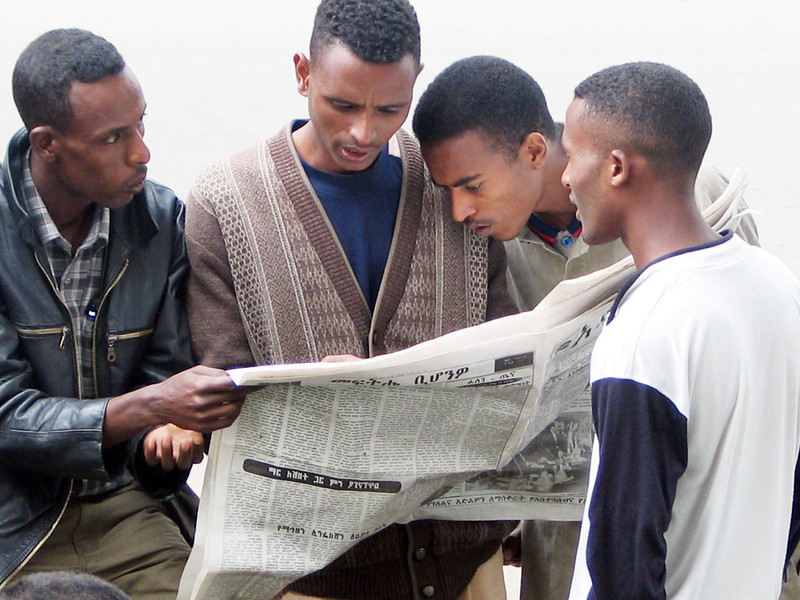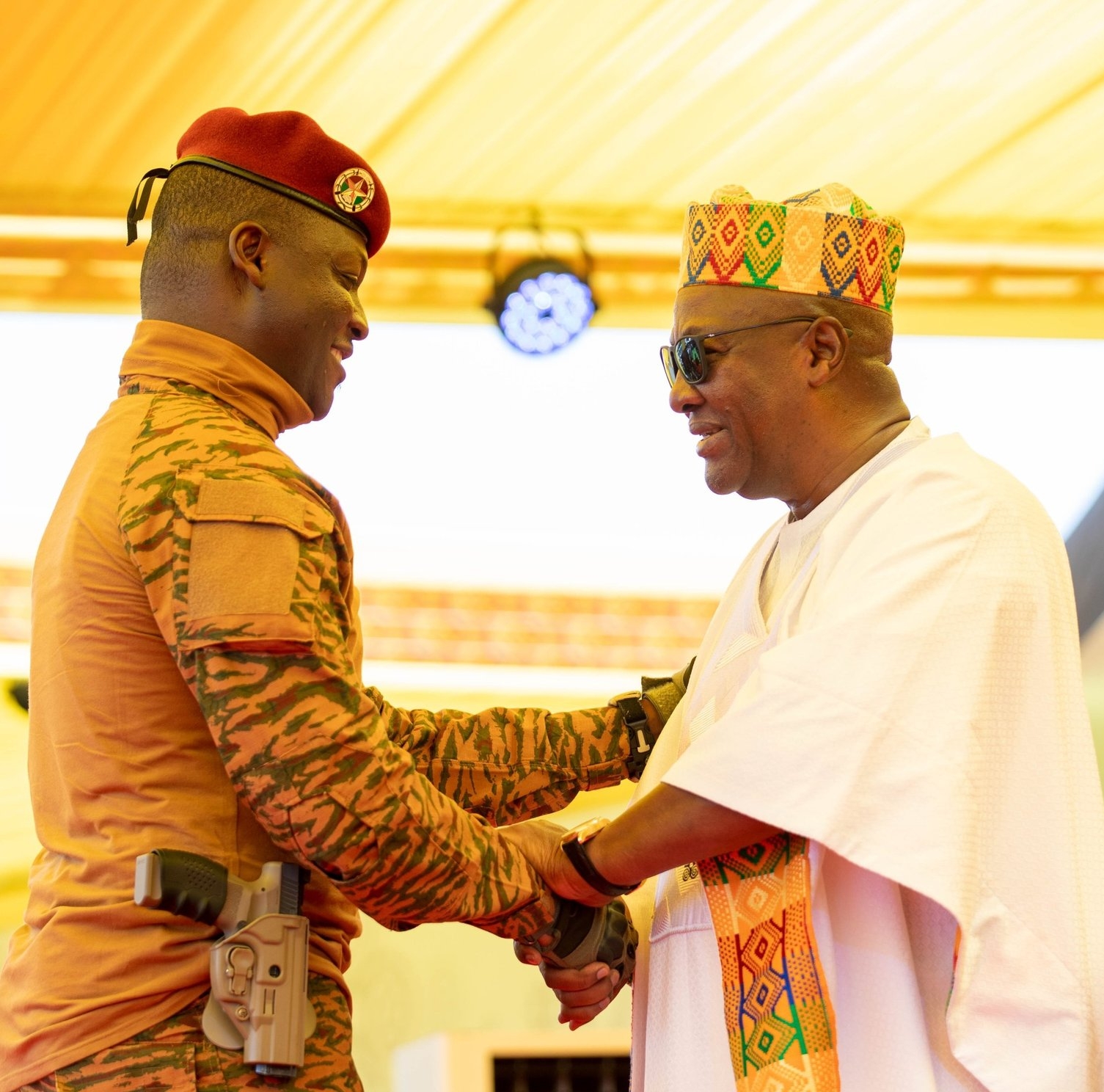We are excited to announce that Brink is now part of Africa Practice. Learn more
Tanzania’s violent election

In the wake of deadly protests, President Samia Suluhu Hassan of the ruling Chama Cha Mapinduzi (CCM) was inaugurated for a second term on 3 November. She won 98% of the popular vote in the presidential election on 29 October. Results for the concurrent parliamentary election have not yet been published, but CCM is expected to win by a landslide.
A violent and uncompetitive affair
Voters were offered little alternative to CCM after the main opposition party, Chadema, was excluded over its failure to endorse a code of conduct. The party boycotted the ballot after its chairman and presumptive presidential candidate, Tundu Lissu, was arrested in April and detained. The presidential candidate from the second largest opposition party, ACT-Wazalendo, was banned on procedural grounds.
President Hassan also faced criticism from opponents within her own party in the lead up to the election. Former CCM Ideology and Publicity Secretary Humphrey Polepole resigned from his role as Tanzania’s Ambassador to Cuba in July and took to social media to criticise Hassan. He was later allegedly abducted, leaving a bloody scene. Captain Charles Tesha, purportedly an officer in the Air Wing of the Tanzania People’s Defence Force (TPDF), called for military intervention against the government in October. The TPDF was quick to disown these comments.
Ballots and bullets
Polling day, 29 October, and its immediate aftermath saw unprecedented protests in major cities, which included arson attacks against government buildings. The police and the Tanzania Intelligence and Security Service (TISS) initially responded to electoral protests with violence. However, the subsequent deployment of the TPDF to major cities led to a shift in dynamics, with better trained soldiers able to restrain protesters and restore order. Opponents of the regime, likely buoyed by the social media broadcasts made by Captain Tesha, seized upon the divergence between branches of the security forces, hoping for a Madagascar-style intervention by the military.
Chadema claimed that hundreds of people have been killed in the violence, which the government disputes. Human Rights Watch claimed that unlawful killings took place, and the UN has received credible evidence of at least 10 fatalities over the election period.
International fallout
Hassan’s inauguration was attended by regional leaders including President Hakainde Hichilema of Zambia and President Daniel Chapo of Mozambique. Other dignitaries stayed away, instead voicing concern about the violence. UN Secretary General Antonio Guterres called for an impartial investigation into allegations of “excessive use of force”, while the EU issued a statement of concern regarding electoral violence, an internet shutdown and polling irregularities. The UK, Canada and Norway also released a joint statement of concern, citing “credible reports of a large number of fatalities”. The Mo Ibrahim Foundation described the situation surrounding the election as “unacceptable”.
This attention has put paid to President Hassan’s credentials as a “reformer”, gained after she unexpectedly inherited power from John Magufuli after his death in 2021. In the early stage of Hassan’s presidency, she undid some of his authoritarian policies, suspending existing bans on media organisations and, in 2023, lifting a ban on opposition political rallies.
Hassan’s rebranding exercise enabled international financial institutions such as the IMF and World Bank to enhance collaboration with Tanzania after a period of frosty relations under the Magufuli administration, which focused on economic self-reliance. These institutions have extended billions of dollars of concessional finance to the country since 2021 to assist with balance of payments and various healthcare, education and infrastructure development projects, respectively. There has also been strong engagement with donors in Europe and North America. For example, the EU has earmarked EUR 585 million in grants for Tanzania between 2021 and 2027, focused on green deals, human capital, employment and governance, including human rights advocacy and civil society engagement.
While Western partners are unlikely to revisit cooperation with Tanzania in sectors such as critical minerals and climate resilience on account of the election, donors may reassess their engagements with Tanzania on projects relating to good governance in light of the narrowing of the civic space and allegations of widespread lethal violence used against protesters.
Falling back on local elites
President Hassan shows little sign of compromise with her critics. In her inauguration speech, she said that the election was democratic and labelled protesters “unpatriotic”.
In this context, Hassan is likely to fall back on the support of her coterie of loyalists, who are mainly from her native Zanzibar. This includes her son-in-law Mohamed Mchengerwa and her son Abdul Halim Hafidh Ameir, who has been singled out by some government critics as a key organiser of the recent crackdown. The Zanzibar clique is a small group that lacks extensive experience of government, which could lead to bureaucratic delays, affecting approvals for big ticket investments like the USD 42 billion Tanzania LNG project.
Other allies set to benefit from the president’s isolation include the CCM faction around former president Jakaya Kikwete. This includes his allies Emmanuel Nchimbi – Hassan’s running mate and now Vice-President of Tanzania – and Asha-Rose Migiro, CCM’s Secretary General.
The faction is associated with domestic business leaders which support foreign direct investment (FDI) but have become increasingly vocal proponents of policies to promote local champions in key industries.
The government has already begun enacting policies to this effect. In September, local content requirements in the mining sector were amended to mandate that foreign mining service companies must establish a joint venture (JV) with a 100% locally-owned partner who owns at least 20% of the JV.
The Kikwete faction is highly likely to feature prominently in the new Cabinet, which should be announced before the end of 2025. The likes of Hussein Bashe (former Minister for Agriculture) and Innocent Bashungwa (former Minister for Home Affairs) can be expected to gain high-powered roles, with Vice-President Nchimbi playing an active policy-making role.
Few figures from the Magufuli era are still in the running for high-level positions, and those that are owe their loyalty to President Hassan. This makes them unlikely to oppose her national agenda, instead extending decision-making influence over issues affecting their Lake Zone stronghold. Former Deputy Prime Minister Doto Biteko and the outgoing Arusha Regional Commissioner Paul Makonda are the most likely to reach Cabinet, with Biteko a possible pick for Prime Minister.
A decade after Magufuli upended Tanzanian politics, and four years since his death, the country looks set to experience another period of international isolation – albeit less acute than the last.
Proud to be BCorp. We are part of the global movement for an inclusive, equitable, and regenerative economic system. Learn more


